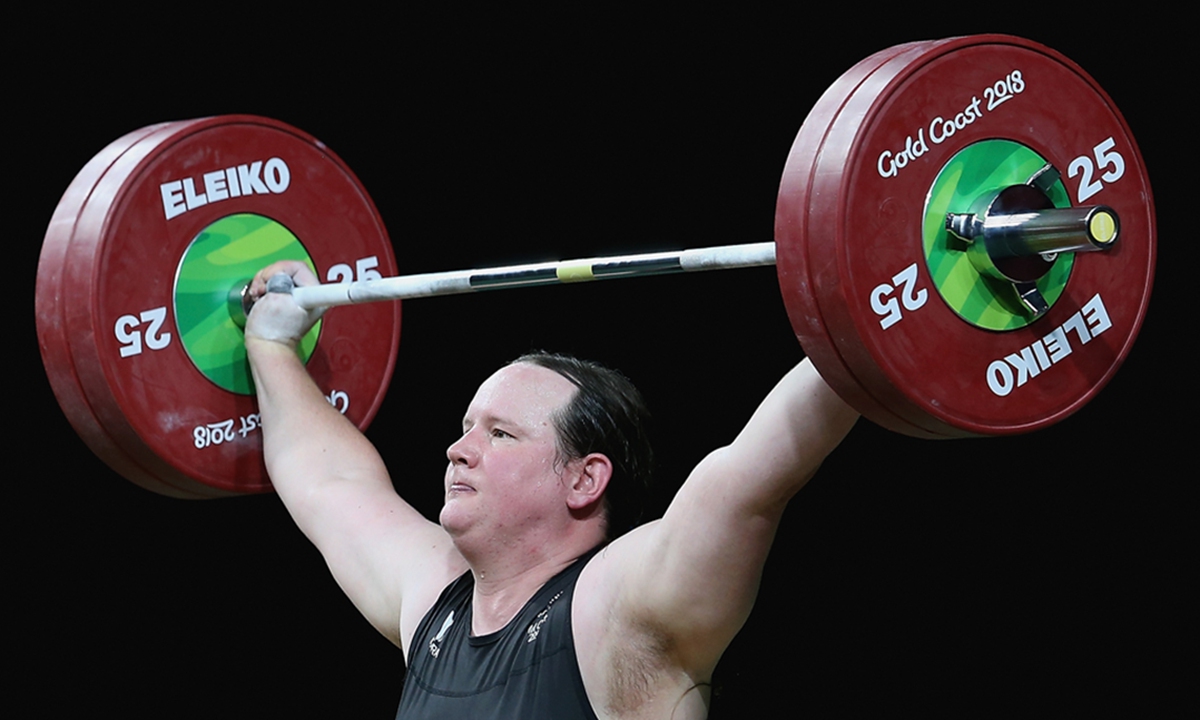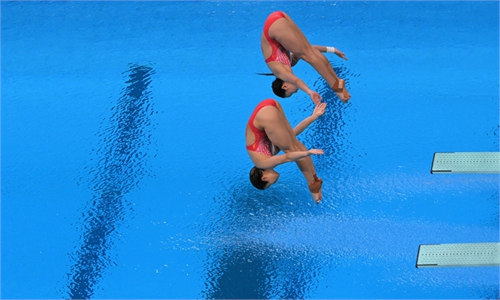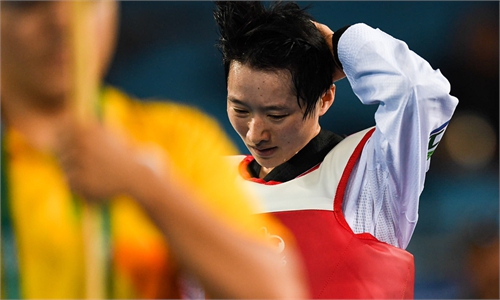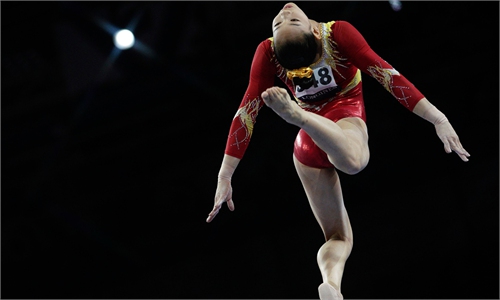SPORT / OLYMPICS
Inclusion or unfairness? Chinese netizens argue over transgender athlete’s inclusion in Olympic Games as competition approaches

Photo:VCG
New Zealand transgender weightlifter Laurel Hubbard has provoked discussion about competition fairness among netizens in China as the date for the athlete to compete at the Tokyo Olympic Games is right around corner.
As one of several transgender Olympic athletes competing in the Tokyo Games, Hubbard is set to compete in the women's super heavyweight 87-kilogram-plus category in Tokyo on August 2, and Chinese weightlifter Li Wenwen will also be on the same stage to compete against her.
As people cheered for the 21-year-old Chinese competitor on social media, the news that Hubbard would compete in the same match led to the hashtag "is it fair for transgender athlete to compete with others?" to start trending on Sina Weibo.
The hashtag has earned 170 million views and 120,000 discussions. While most Chinese netizens expressed respect toward transgender men and women and their rights in society, yet most still said they believe the answer to the hashtag is "no."
"Allowing a transgender woman into the game may be a just decision as a symbol of the Olympics inclusiveness, but it's not fair as Hubbard still has physical advantages over other participants," wrote one netizen on Sina Weibo.
Netizens said they were worried that even though Hubbard has far lower testosterone levels than males, media reports say her levels, which help determine muscle strength, are still five times higher than the average female and therefore pose an unfair advantage over other competitors.
A professional weightlifter, the 43-year-old Hubbard chose to transition at the age of 35. In 2015, the International Olympic Committee (IOC) cleared her to compete in the 2020 Tokyo Olympic Games.
According to a policy paper issued by IOC in 2015, athletes who transition from male to female are eligible to compete in the female category under the condition that the athlete demonstrates "that her total testosterone level in serum has been below 10 nanomoles per liter for at least 12 months prior to her first competition."
"I am grateful and humbled by the kindness and support that has been given to me by so many New Zealanders," Hubbard once said in a statement, according to media reports.
The news that Hubbard would compete in the Tokyo Games made headlines both in China and abroad and was described by many media outlets as a "significant controversy" in June.
The decision has been under constant fire for both scientific and political reasons since June. Some scientists have undertaken studies that they say show that people who underwent male puberty retain advantages in power and strength even after taking medication to suppress their testosterone levels.
Critics also say that "political" elements such as gender inclusiveness should not be imposed on sports events as they feel that would lead to unfairness due to physical disparity.
"We should protect the civil rights of transgender people. Yet we should also respect the rights of othercompetitors during the game," said one online critic.
"Society fights against discrimination toward transgender people as a part of political correctness, but sports are more a competition of physical ability than personality."
Global Times



